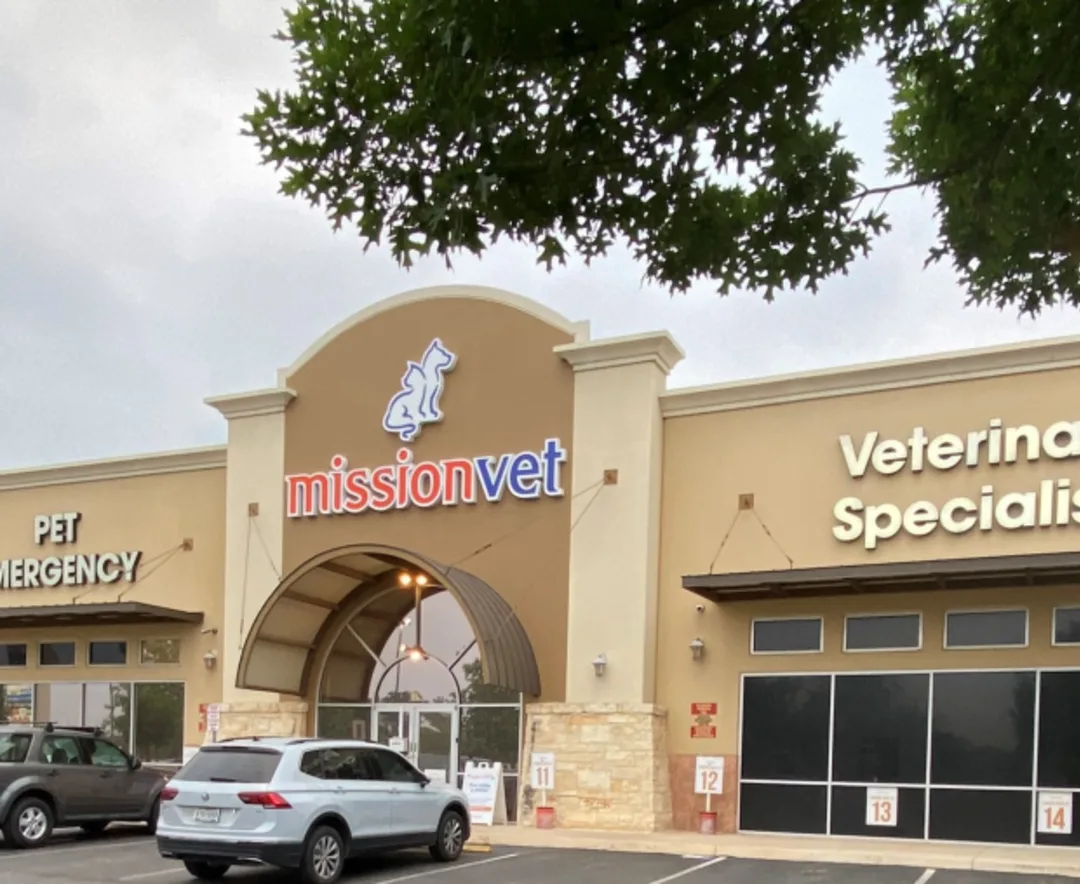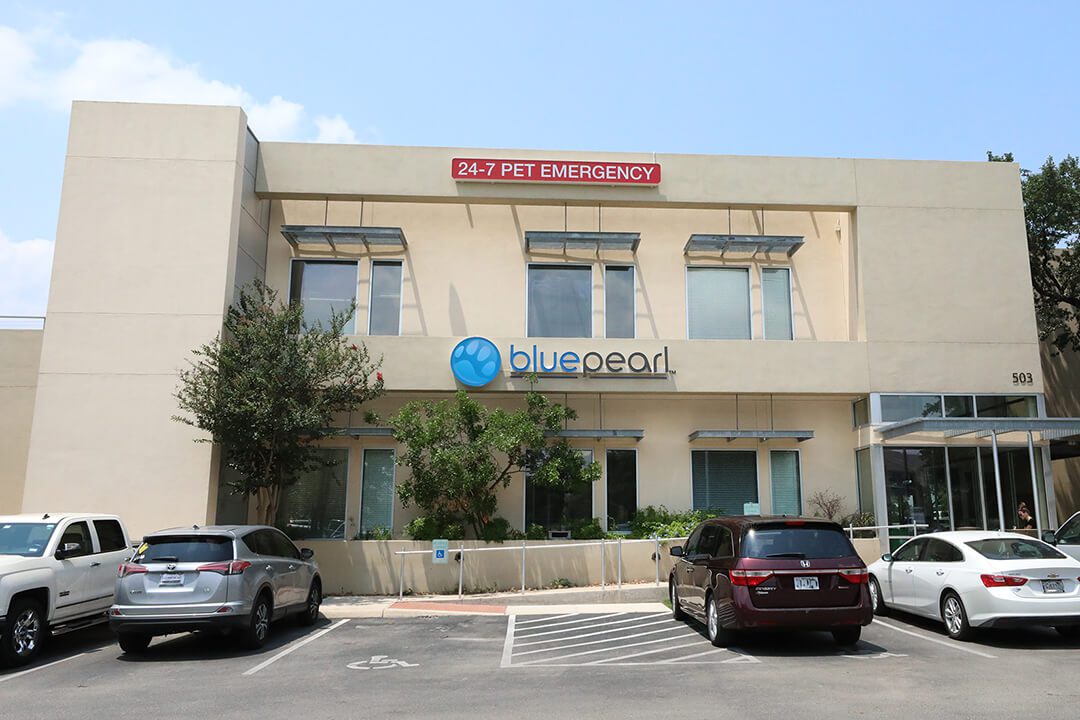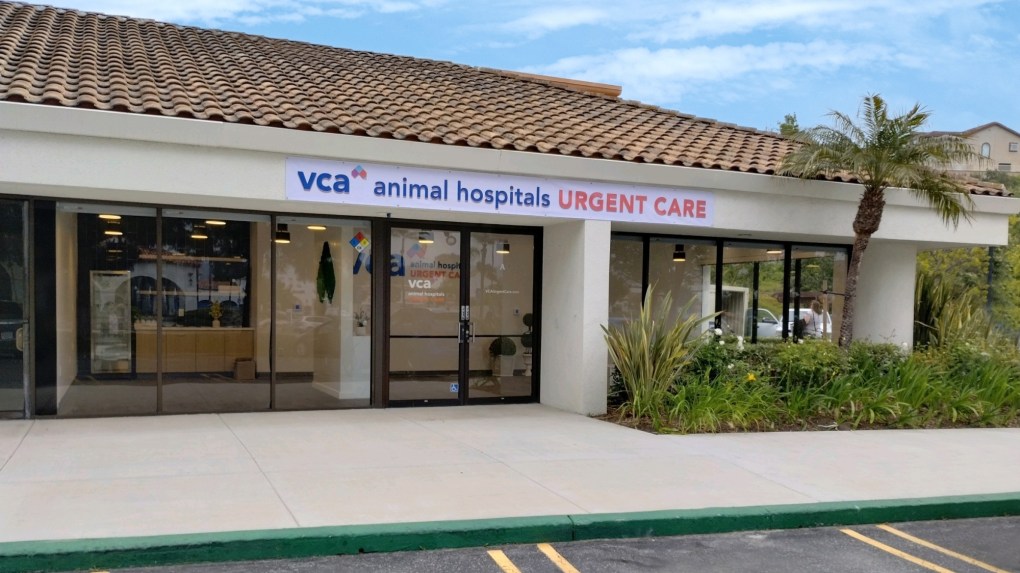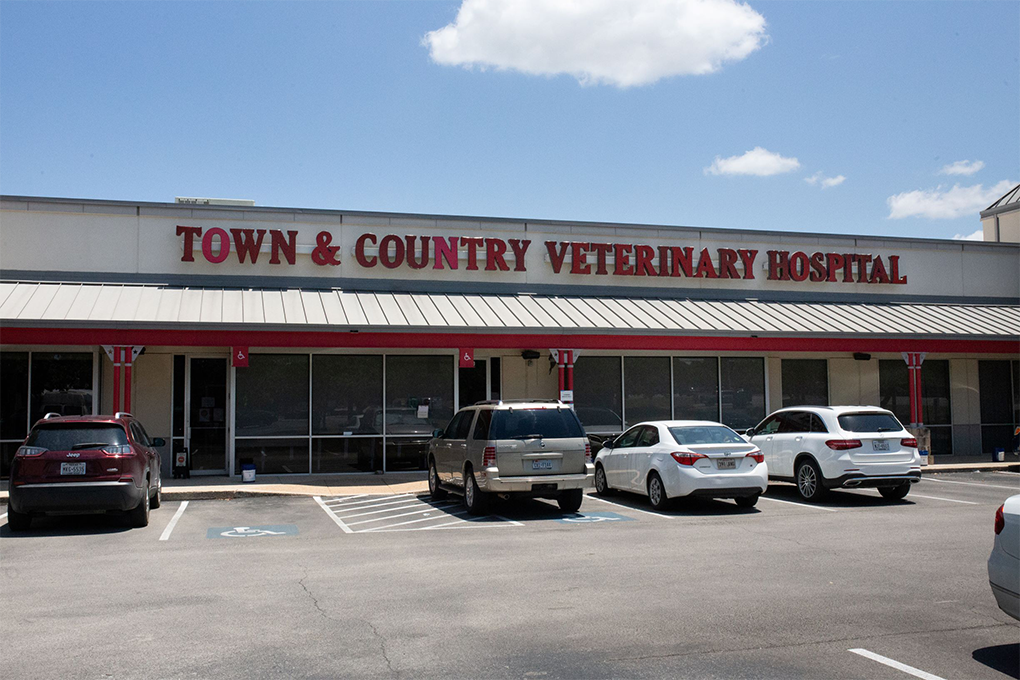Top 5 Emergency Vet In San Antonio, Texas
Facing a pet emergency in San Antonio? Don't panic! This guide highlights the top-rated emergency veterinary clinics and hospitals open to save the day (and your furry friend) in 2024.
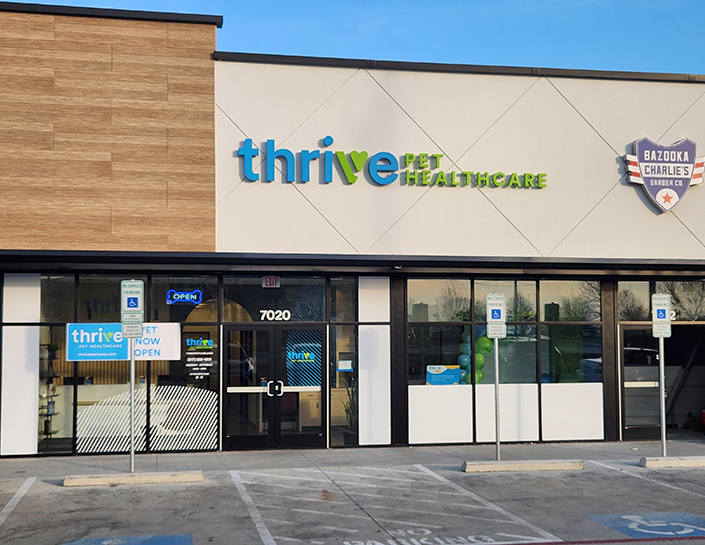
1. Thrive Pet Healthcare
- Address: 1362 Basse Rd, San Antonio, Texas 78212, USA.
- Contact: (210) 822-2873
- It has a 3.1 star rating on Google Maps.
- Website Link - Thrive Pet Healthcare
- Emergency :
Find a location near you - Click Here
If your pet is experiencing a medical emergency, please call or visit your local emergency pet hospital immediately.
We dread the thought of our pets ever getting sick enough to require emergency care. Unfortunately, accidents and illnesses do occur, so our exceptional emergency care teams are here to help in your time of need.
The best thing to remember during your pet’s medical emergency is to remain calm. The more you panic, the more you risk putting your pet through greater distress and the less you’ll be able to help them.
What Is Emergency Care?
Emergency veterinary care is immediate medical treatment for pets that have serious or life-threatening conditions. The goal of emergency pet care is to stabilize, diagnose, and treat pets that may require:
Advanced care
Hospitalization
Surgery
Advanced diagnostics
Doctors within the emergency department will work to diagnose the cause of a pet’s condition, provide initial treatment, and then either hospitalize the patient, transfer care to another doctor or specialist, or release home for continued treatment with their primary care veterinarian.
Ensure you are aware of your nearest emergency pet hospital. Keep the address and contact info somewhere easily accessible. Even if your pet is not currently experiencing crisis, you'll thank yourself later if a need ever arises.
What Counts As A Pet Emergency?
If your pet has been in the following situations or is suffering these symptoms, please seek immediate emergency care for your pet:
Ingested a poisonous substance
Hit by a vehicle or fallen from a large height
Experiencing seizures
Bleeding from the mouth, nose, ears, or anus
Any bleeding that has not slowed in over 5 minutes
Bitten by an animal
Choking or breathing difficulties
Dragging legs or inability to stand/move
Severe vomiting or diarrhea
Loss of consciousness
Not eating or drinking for more than 24 hours
Not urinating for more than 24 hours/ straining to urinate
Difficulties while giving birth
What To Expect When I Take My Pet To An Emergency Hospital?
Most animal emergency care centers operate on a triage system like that of human ER’s. This medical need-driven prioritization ensures that pets in the most critical condition can be rapidly tended to.
Wait times to see a veterinarian will depend on the severity of your pet’s condition and the status of other patients requiring care.
If the status of your pet changes while you are at the hospital waiting to be seen, please ensure you consult a member of staff.
What Is The Difference Between Emergency & Urgent Care?
You should take your pet to an Emergency Care center when they are in a life-threatening condition and need immediate medical help. These hospitals typically have extended hours, some open through the night, to accommodate emergencies outside of regular business hours. (Please reference your local emergency pet hospital’s operating hours.)
Urgent Care centers are there to see your pet for issues that are not immediately life-threatening but cannot wait until the next available appointment with your primary care veterinarian. The operating hours for these centers can vary. Learn more about Urgent Care for Pets ➔
2. MissionVet Speciality & Emergency
- Address: 8202 N Loop 1604 W, San Antonio, TX 78249, USA.
- Contact: (210) 737-7373
- It has a 3.7 star rating on Google Maps.
- Website Link - MissionVet Specialty & Emergency
- Emergency :
Mobile Check-In is Now Available!
Check-In online for most stable pet emergency visits & do the majority of your waiting from the comfort of your home.
*If your pet is in critical condition, please call us and bring them directly to the hospital.
When an emergency happens…
Call us if you need immediate assistance or to let us know you are on the way. Upon arrival, your pet will be immediately evaluated to ensure they are stable. We see your pet on a first-come, first-served basis, however, those pets who are more critical will be treated immediately.
Our patient care team will then speak with you to obtain a thorough history of your pet’s condition. After performing an examination of your pet, the emergency veterinarian will meet with you and go over diagnostic and treatment options.
Signs of an Emergency:
Any difficulties breathing: short or shallow breath, increased effort, gagging, choking
First-time seizures, seizures lasting more than three minutes, or multiple seizures
Non-productive retching/vomiting, swollen or distended abdomen
Inability or straining to urinate
Inability to stand or walk
Pregnant pet in active labor for more than one hour without delivering; a pet that has gone more than 3-4 hours between delivering
Vomiting blood, passing blood in stools/urine
Hives or swollen face
Trauma: bite wounds, broken bones, burns, cuts, lacerations, electric shock, eye injuries, heatstroke, hit by car
Ingestion of toxic or harmful substance
If your pet is experiencing any of the above, please seek immediate care.
Please don’t hesitate to call us at (210) 737-7373 if you are unsure if your pet is experiencing an emergency.
3. BluePearl Pet Hospital
- Address: 503 E Sonterra Blvd, San Antonio, TX 78258, USA
- Contact: (210) 930-8383
- It has a 3.5 star rating on Google Maps.
- Website Link - BluePearl Pet Hospital
- Emergency :
If your pet is experiencing a life-threatening emergency, contact your nearest BluePearl pet hospital right away.
Most of our hospitals are open 24 hours a day, 365 days a year with a full medical team to help treat pets in a crisis situation. While some emergencies are apparent, others are not. Knowing more about your pet’s vital signs can help you recognize if your pet needs immediate medical attention. In this video featuring ER veterinarian, Dr. Kevin Kelly, we review basic methods of monitoring your pet’s vitals to help you learn more about some symptoms of distress.
4. VCA Becker Animal Hospital and Pet Resort
- Address: 6515 I-10
San Antonio, TX 78201, USA - Contact: (210) 732-5148
- It has a 3.3 star rating on Google Maps.
- Website Link -VCA Becker Animal Hospital and Pet Resort
- Emergency :
We are open 24 hours a day, 7 days a week to address any pet emergency. Call us immediately at (210) 732-5148.
Emergencies are prioritized based on the severity of your pet’s condition. Patients will be seen by a veterinarian in order of priority. There may be delays for priority II and III patients. We know you are worried about your pet. We understand because we are pet owners too. Thank you for understanding our priority process.
To understand your priority level, click here.
Priority #1 – Life saving measure to be applied immediately:
Poisoning Bloat (GDV)
Snake Bite
Envenomation
Allergic Reactions
Actively Seizuring
Choking
Collapse
Major Trauma (vehicular, animal attack)
Excessive Bleeding
Heatstroke
Penetrating Bite Wounds Around Neck or Chest
Difficulty Breathing
Hypothermia
Unable to Urinate
Priority #2 – Wait times may apply:
Frequent Vomiting
Closed Fractures
Can Urinate But With Straining
Bloody Diarrhea
Blood in Urine
Paralysis
Birthing Difficulties
Priority #3 – Not life threatening (wait times may be prolonged):
Abscess
Sneezing/Nasal Discharge
Skin Conditions
Foxtail
Stable Chronic Disease
Sore Ears/Eyes
Minor Wood/Lacerations
Limping
Please advise our front desk team if your pet’s condition changes.
5. Town & Country Veterinary Hospital
- Address: 10350 Bandera Rd, San Antonio, TX 78250, USA
- Contact: (210) 794-6904
- It has a 4 star rating on Google Maps.
- Website Link - Town & Country Veterinary Hospital
- Emergency :
When to Seek Urgent Care for a Pet
Sometimes, it’s difficult to know for sure when we can wait out a sickness or injury that our pets are experiencing.
Visually distorted, broken, or fractured bone(s)
Extreme dehydration caused by prolonged vomiting or diarrhea
Difficulty breathing
Signs of pain or distress
Excessive bleeding
Seizures
Visit Vetdrugs homepage for more content.


